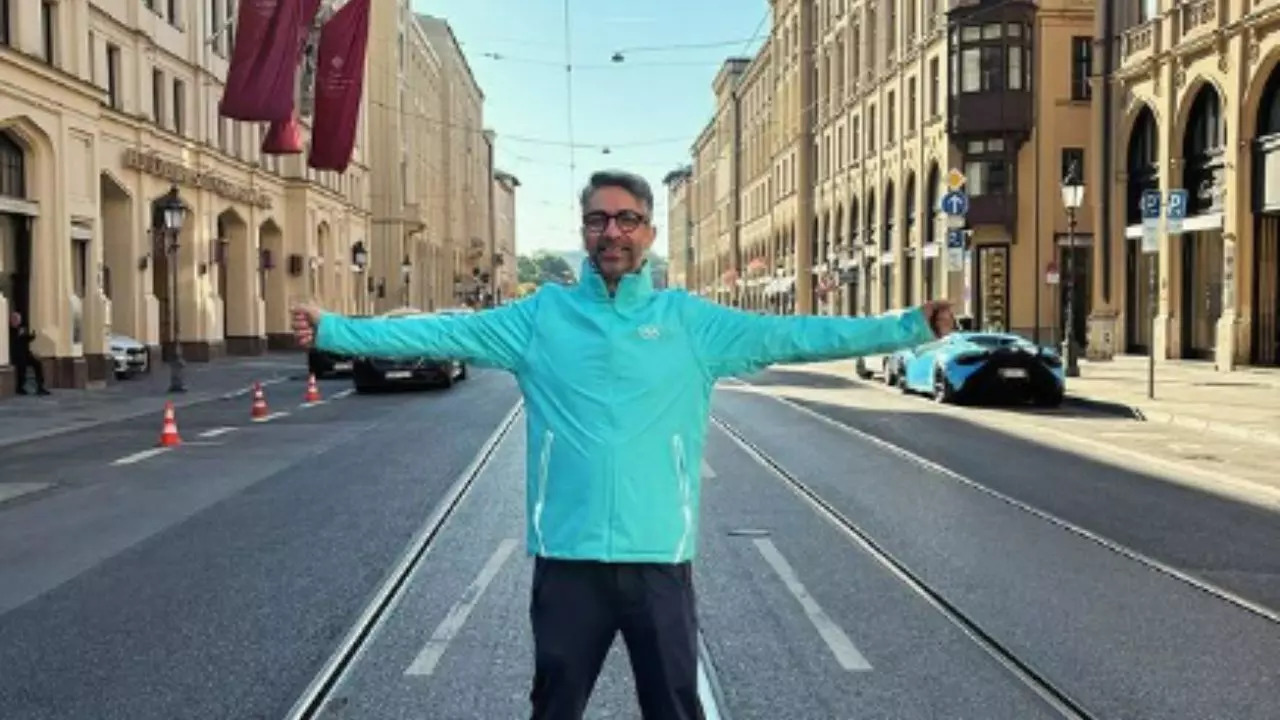Bindra said meditating for 8 to 9 hours in silence helped him reach his full potential.
Abhinav Bindra has spoken out about his mental health struggles after winning Olympic gold in 2008, saying a meditation course helped him find a “love for the process” after he nearly gave up shooting.
“When I won the gold medal at the Olympics, my energy was completely drained, in the sense that I was physically, emotionally and mentally exhausted. I also needed a period to relax and then recharge my batteries, and that was not easy,” he said at an event organised by MPower.
“I decided to take a Vipassana meditation course and I found it interesting because I wanted to leave sport and dedicate myself to another vocation. That was my main motivation, to find my new vocation.”
Bindra said meditating for 8-9 hours in silence helped him get back to his sport and eventually realize his full potential. “I had to meditate eight hours a day in complete silence for 10 days and all I did in that course was think about my sport and remember how much I loved the process of what I was doing,” he said.
Bindra said he was guilty of straying from his goals because he judged himself by tournament results.
What is Vipassana meditation??
Vipassana is the oldest form of Buddhist meditation practice used to enhance mindfulness and help mental health. Experts say that Vipassana involves observing thoughts and emotions as they are, without judging or dwelling on them.
However, it is completely different from other types of meditation techniques, such as pranayama and visualization.
How does Vipassana benefit your mental health?
Studies say that Vipassana has tremendous benefits for improving mental health and well-being, and some of these include:
Relieves stress
Like other techniques, Vipassana helps reduce the mind and body’s response to stress. Research indicates that within six months, most participants who practice Vipassana regularly report significantly lower stress levels than others.
Relieves anxiety
In addition to reducing stress, Vipassana meditation also reduces anxiety, one of the main reasons why most people fall into depression.
Promotes brain plasticity
According to studies, Vipassana meditation helps improve and increase brain plasticity, that is, its ability to restructure itself when it recognizes the need for change. Experts claim that through meditation, the brain can improve its functioning and well-being.
Helps treat addiction.
For treating addictions, Vipassana is one of the best methods that help restructure the brain and prevent you from getting used to something. Experts say that those suffering from substance abuse can benefit greatly from Vipassana, which is considered an alternative to conventional treatments.
Healthline says it helps improve factors like self-control over habits, decision-making, and response inhibition, all of which are crucial to reducing drug use and maintaining abstinence.
How to do vipassana meditation?
To meditate successfully you must take into account the following points:
- Choose a quiet area with few or no distractions.
- Sit on the floor with your legs crossed, stretch your back and completely relax your body.
- Close your eyes, breathe deeply and concentrate.
- Be aware of each inhalation and exhalation as you observe your thoughts, feelings, and sensations.
- Don’t react to anything you’ve been thinking.
- Try to do this for at least 5 to 10 minutes when you start. As you get used to this practice, work your way up to 15 minutes or more of Vipassana meditation.
Disclaimer:
The information contained in this post is for general information purposes only. We make no representations or warranties of any kind, express or implied, about the completeness, accuracy, reliability, suitability or availability with respect to the website or the information, products, services, or related graphics contained on the post for any purpose.
We respect the intellectual property rights of content creators. If you are the owner of any material featured on our website and have concerns about its use, please contact us. We are committed to addressing any copyright issues promptly and will remove any material within 2 days of receiving a request from the rightful owner.

